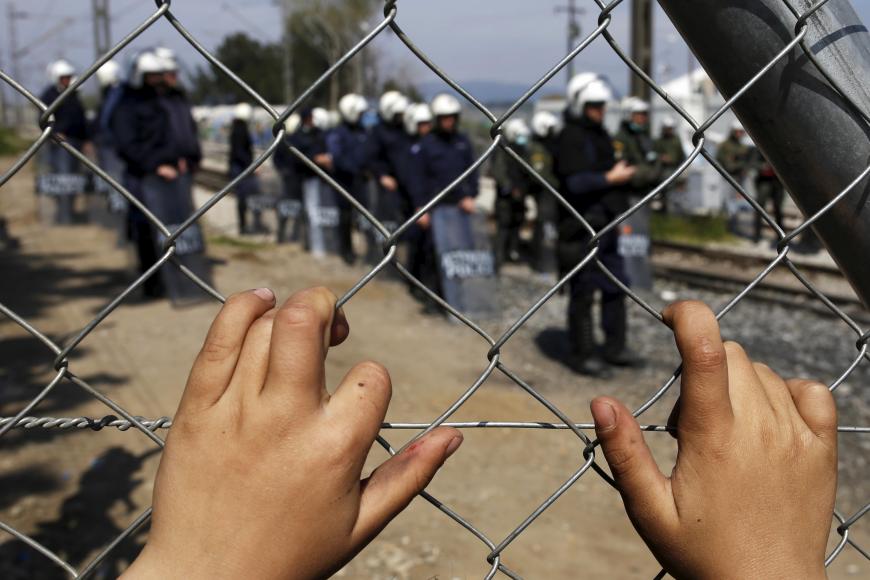Releasing people in confinement

Human Rights Watch launched a campaign in April asking the Greek government to free hundreds of unaccompanied migrant children held in unhygienic police cells and detention centers, where they face increased risk of contracting the coronavirus. Weeks after #FreetheKids launched, the Greek parliament reduced the maximum time an unaccompanied child could be detained from 45 days to 25. Talking to the media, the Greek special secretary for the protection of unaccompanied children also committed to ending child detention by the end of the year. Portugal announced it would take in 500 unaccompanied children from Greece, while France said it would take in 350 children. Since then, another 11 European Union member countries have joined the coalition, committing to relocate hundreds of asylum seekers and unaccompanied children. The Greek prime minister, following an interview with CNN’s Christiane Amanpour in which she quoted from a Human Rights Watch report, said he would not renew a suspension on asylum claims. Greek authorities later committed to moving more than 2,000 asylum seekers from cramped makeshift shelters to the mainland, in line with our recommendations.